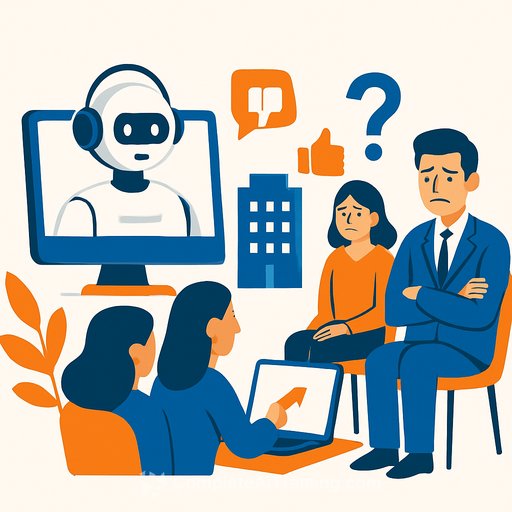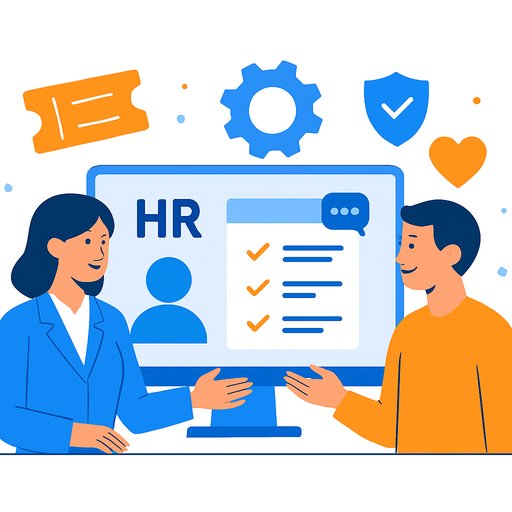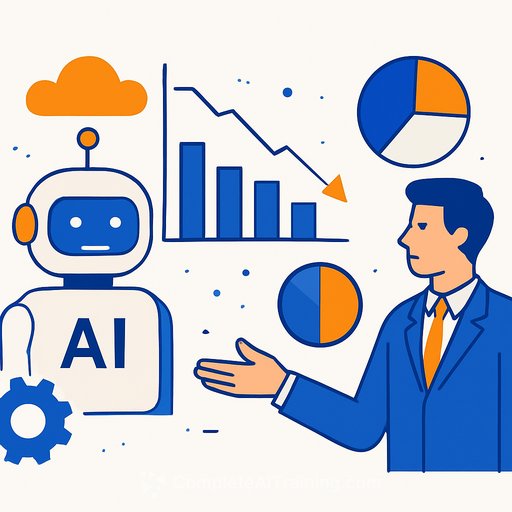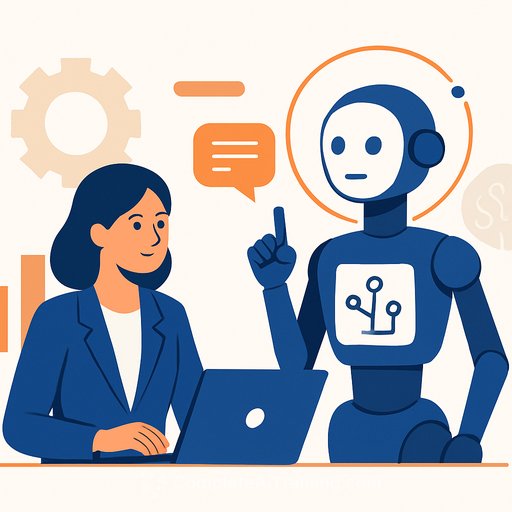Why AI-Enabled Interviews May Lower Candidates’ Job Application Intentions
AI-enabled interviews are increasingly common in recruitment, promising efficiency and objectivity. Yet, many candidates hesitate or decline opportunities involving such interviews. Understanding why this happens is crucial for HR professionals aiming to attract top talent without alienating applicants.
The Impact of Interview Format on Candidate Intentions
AI-enabled interviews typically involve chatbots asking preset questions while analyzing candidates’ visual, verbal, and vocal cues to assess suitability. Traditional video interviews, by contrast, involve human interaction through video calls without AI decision-making.
While AI interviews save time and cut costs, candidates often doubt their fairness and accuracy. Issues include:
- Questionable ability of AI to identify the best fit beyond surface traits like appearance or speech patterns.
- Concerns over algorithmic bias and potential discrimination.
- Preference for human interaction, which AI interviews lack, leading to reduced engagement.
Because of these factors, candidates tend to prefer traditional video interviews, which offer more personal contact and perceived fairness.
Hypothesis 1: Candidates are more likely to apply for jobs offering traditional video interviews than AI-enabled ones.
Industry Type Shapes Candidate Reactions
Not all industries experience AI interviews the same way. High-tech sectors, familiar with emerging technologies, often see candidates more open to AI-enabled assessments. These candidates trust AI’s capability and feel confident interacting with it.
In contrast, low-tech industries and their candidates are generally less confident about AI’s fairness and effectiveness. They value personalized, human-to-human interaction more, especially for roles requiring emotional intelligence or relational skills.
This creates an interaction effect: candidates in high-tech industries show higher willingness to engage with AI interviews, while those in low-tech industries are more reluctant.
Hypothesis 2: Interview format and industry type interactively influence candidates’ intention to apply, with higher acceptance of AI interviews in high-tech industries.
Procedural Justice: The Fairness Factor
Perceived procedural justice—the belief that the selection process is fair—strongly influences candidates’ attitudes and decisions. AI-enabled interviews often score lower on perceived fairness due to:
- Technical flaws and limited scientific grounding in AI evaluation methods.
- Algorithmic bias that may disadvantage minority groups.
- Applicants’ lack of readiness to engage with AI systems and limited opportunities to express individuality.
When candidates perceive AI interviews as unfair, their intention to apply declines.
Hypothesis 3: Perceived procedural justice mediates the relationship between interview format and application intention—AI interviews reduce perceived fairness, lowering application intentions.
Organizational Attractiveness and Signaling
Candidates interpret recruitment practices as signals reflecting an organization's culture and values. AI-enabled interviews may signal a data-driven, impersonal approach prioritizing standardization over human judgment. This can reduce organizational attractiveness in the eyes of applicants.
A negative impression of organizational attractiveness diminishes candidates’ motivation to apply.
Hypothesis 4: Organizational attractiveness mediates the link between interview format and job application intention—AI interviews can lower perceived attractiveness and thus decrease application rates.
Practical Takeaways for HR Professionals
- Assess your industry context: High-tech companies may benefit more from AI interviews, while low-tech firms should be cautious about candidate perceptions.
- Communicate clearly: Explain how AI tools are used and the safeguards in place to ensure fairness.
- Maintain human touchpoints: Incorporate human interactions alongside AI to improve candidate comfort and engagement.
- Monitor and address biases: Regularly audit AI systems for fairness and transparency to build candidate trust.
- Focus on employer branding: Ensure AI usage aligns with the company’s values to avoid reducing organizational attractiveness.
Summary
AI-enabled interviews, while efficient, can reduce candidates’ willingness to apply due to concerns about fairness and decreased personal interaction. This effect varies by industry, with high-tech sectors showing more acceptance. Perceived procedural justice and organizational attractiveness play key roles in shaping candidate intentions.
By understanding these dynamics, HR professionals can craft recruitment strategies that balance AI benefits with candidate expectations, ensuring a fair and attractive hiring process.
For HR teams interested in expanding their knowledge on AI in recruitment, explore comprehensive courses at Complete AI Training.
Your membership also unlocks:






